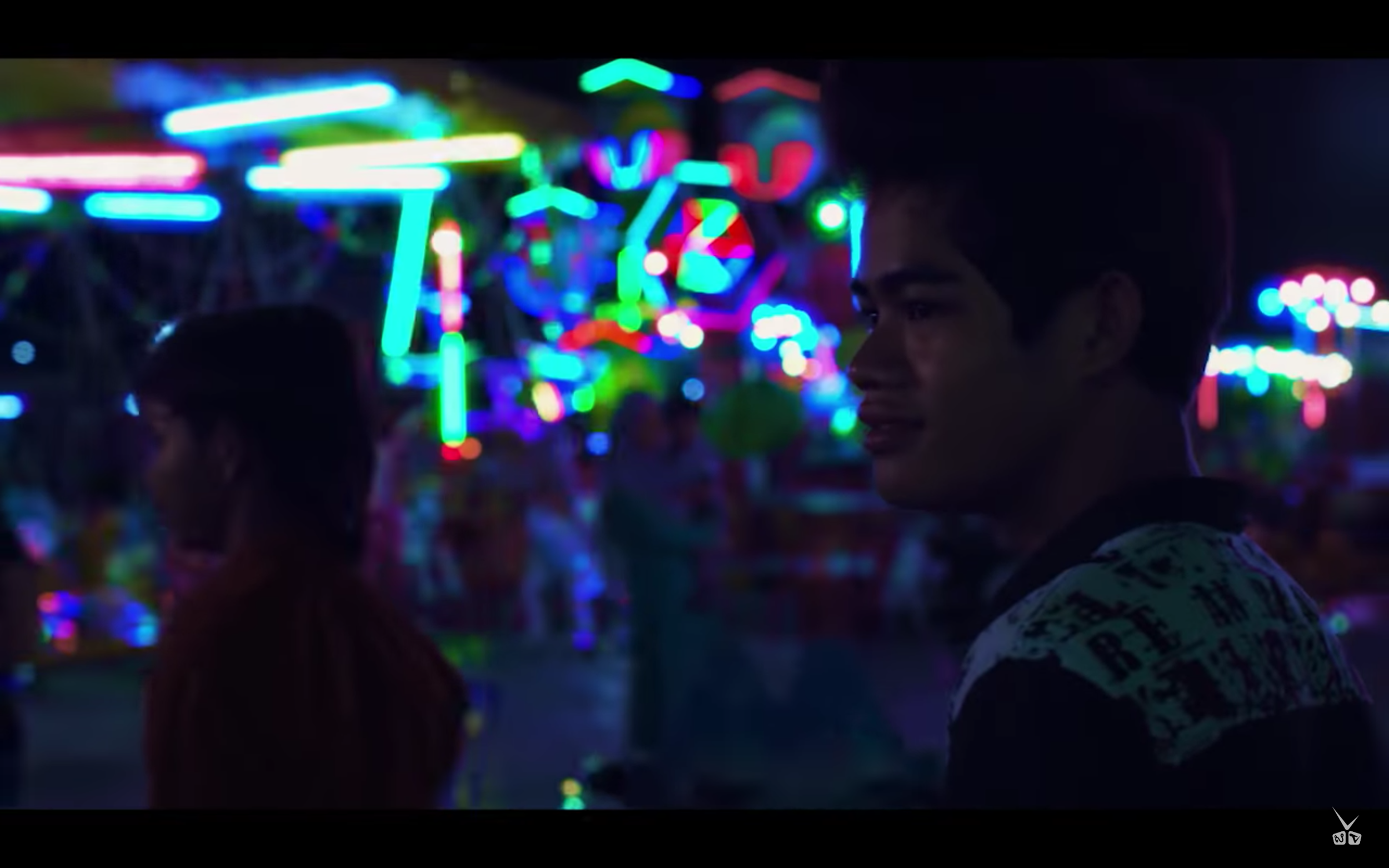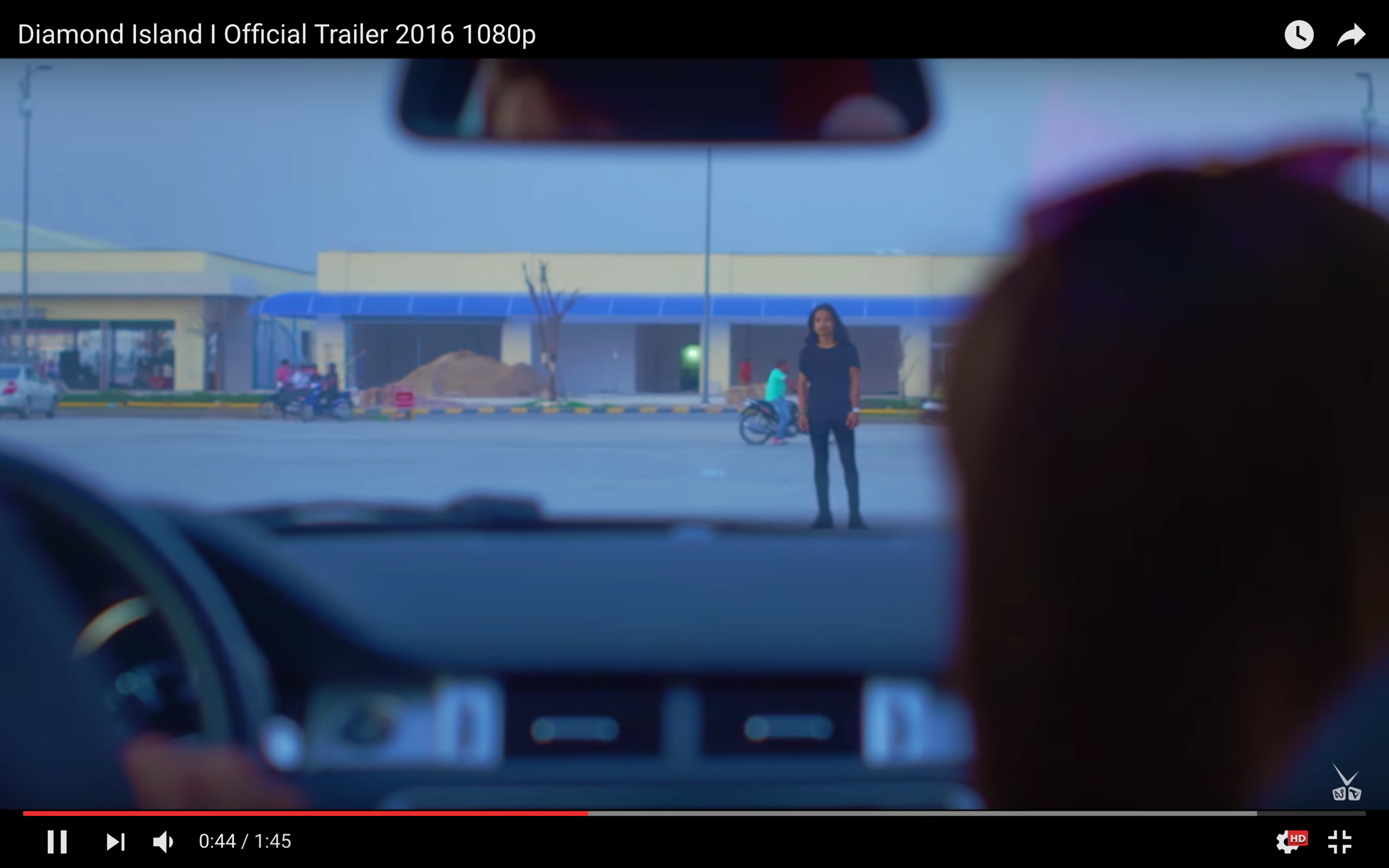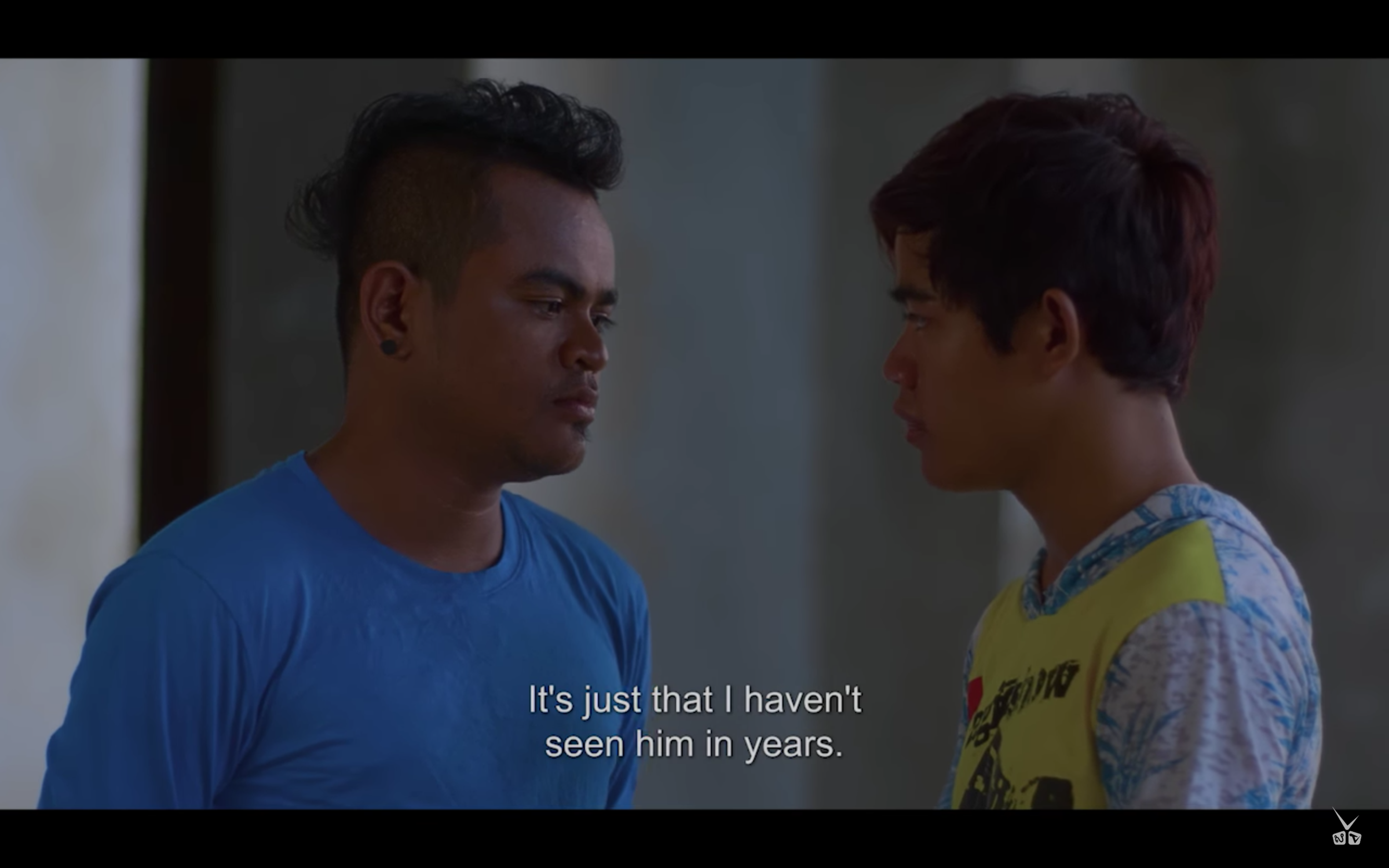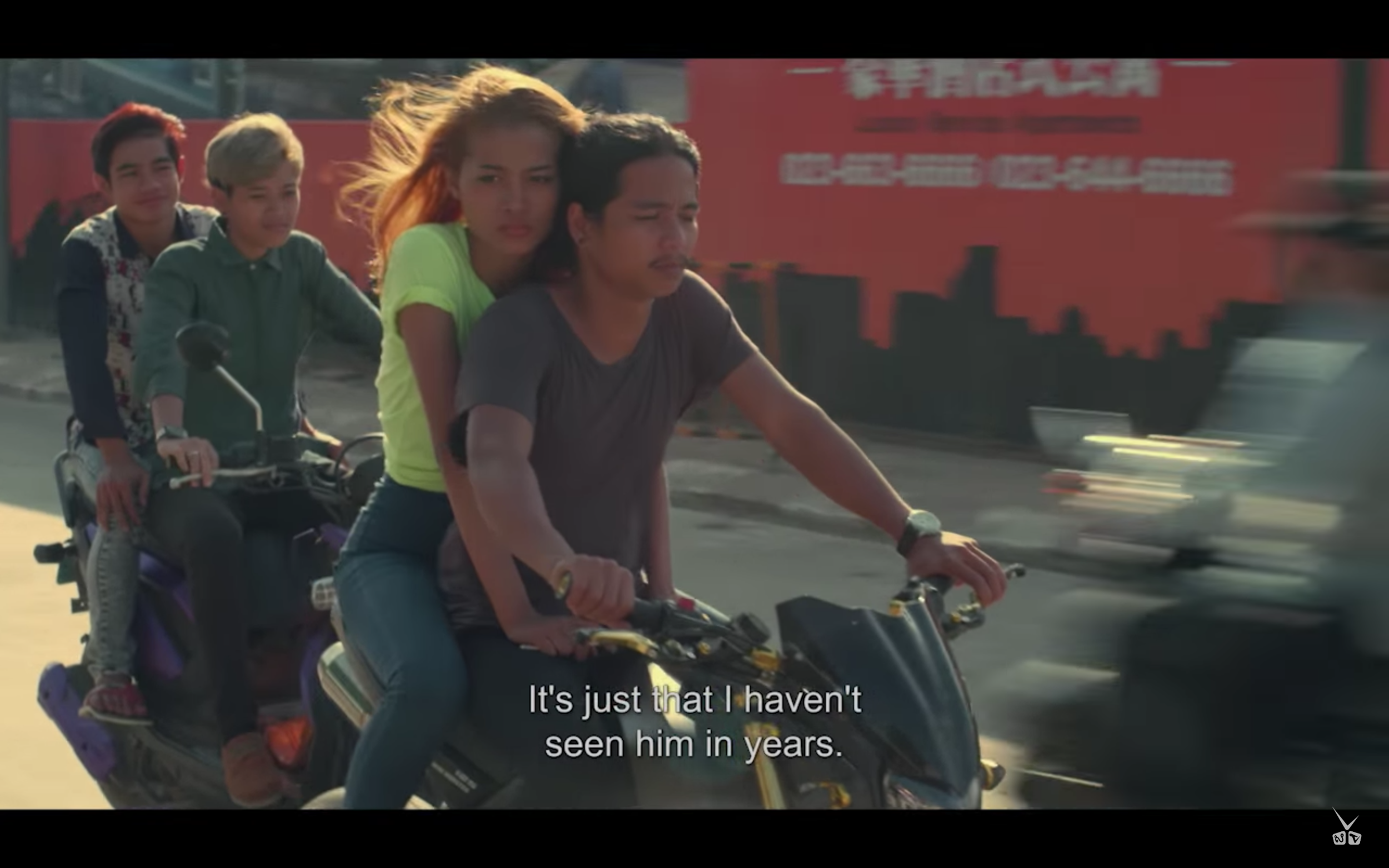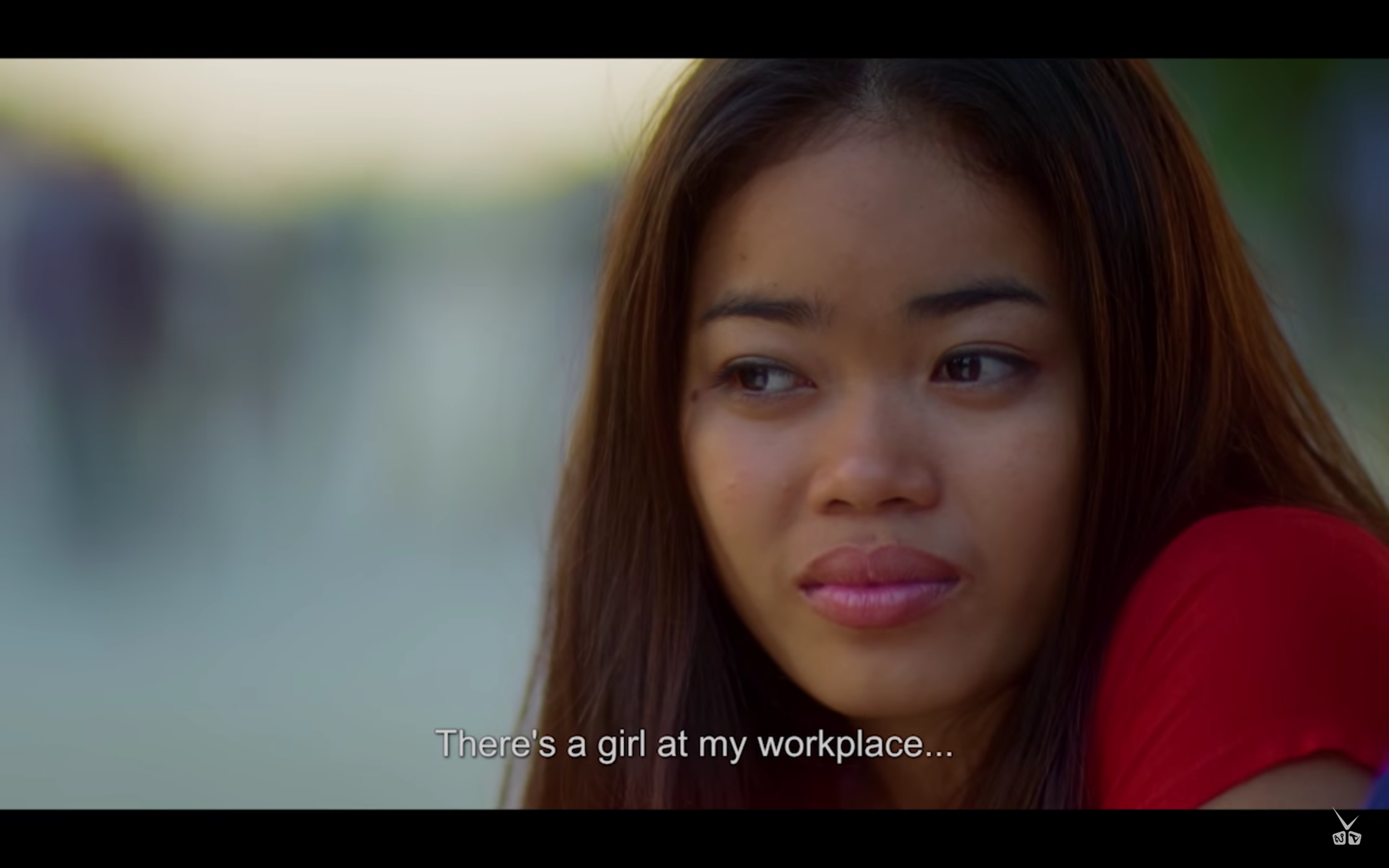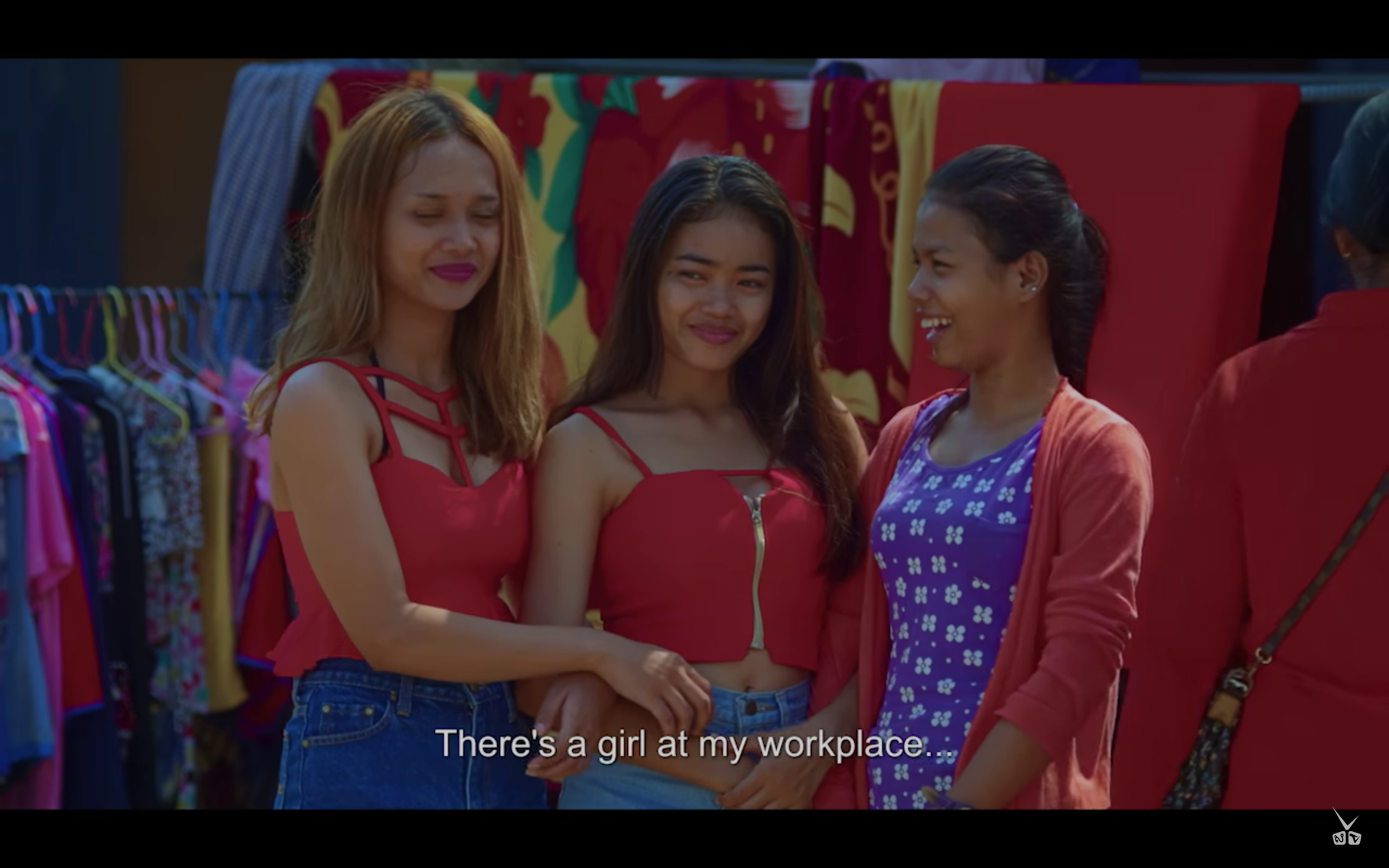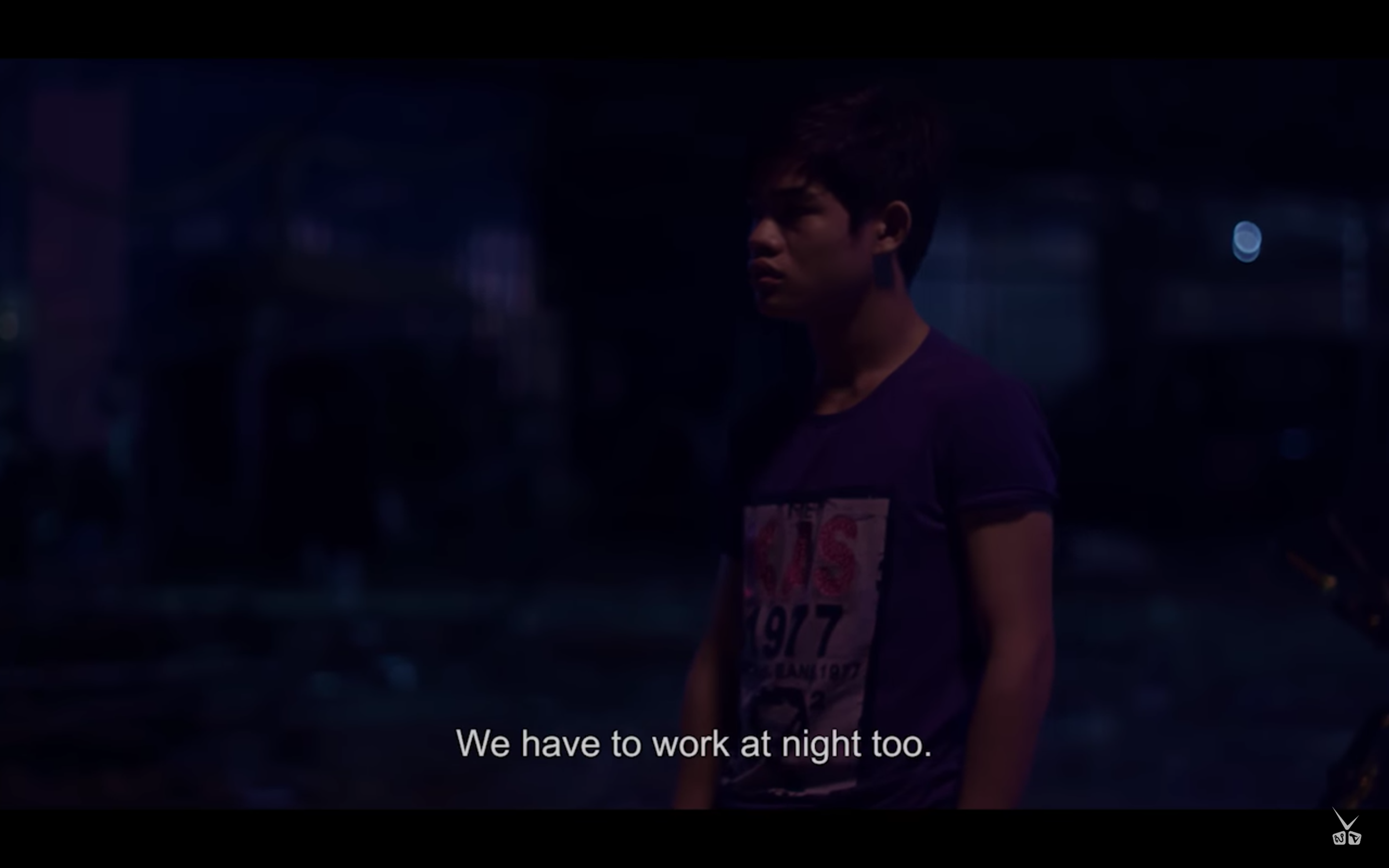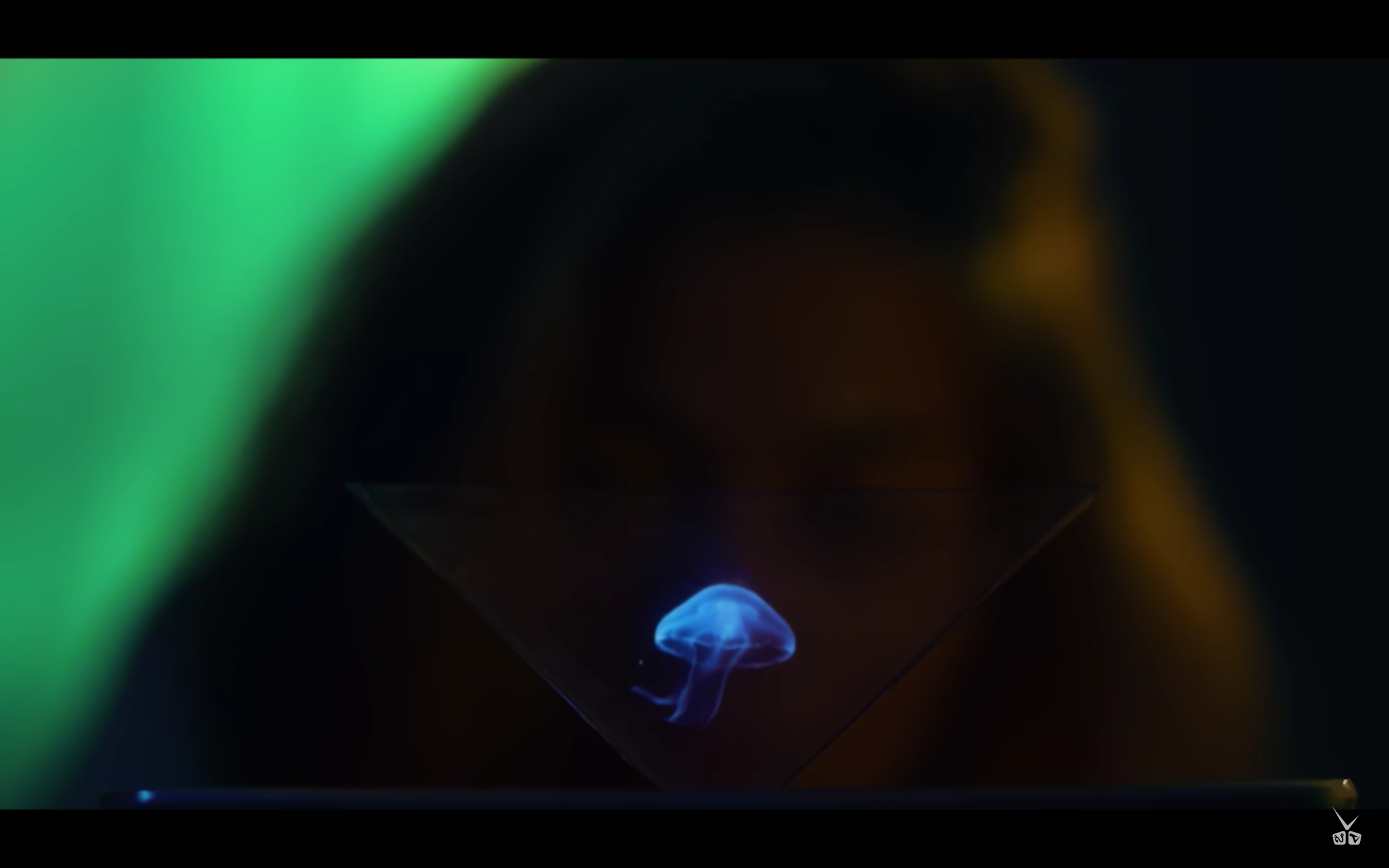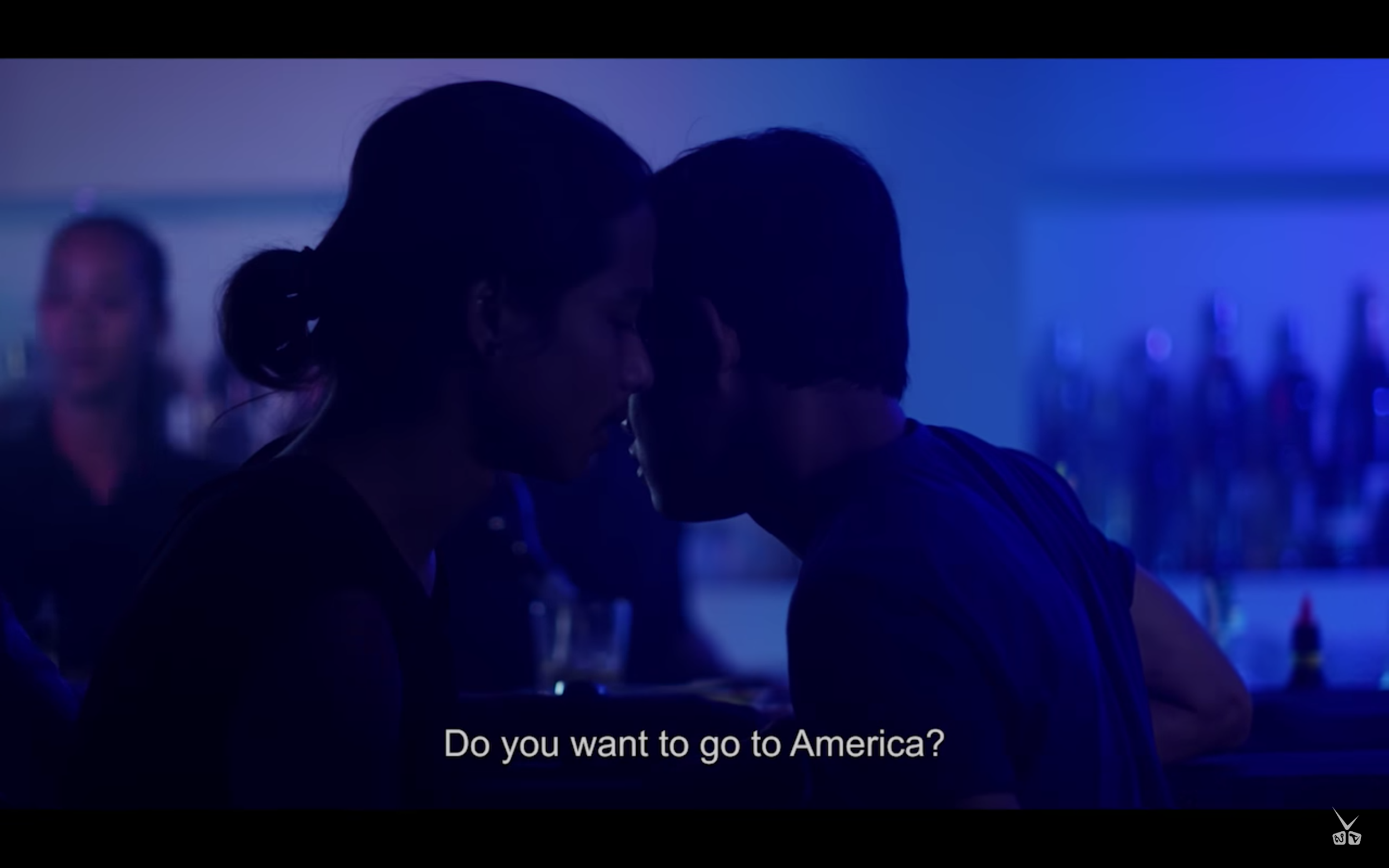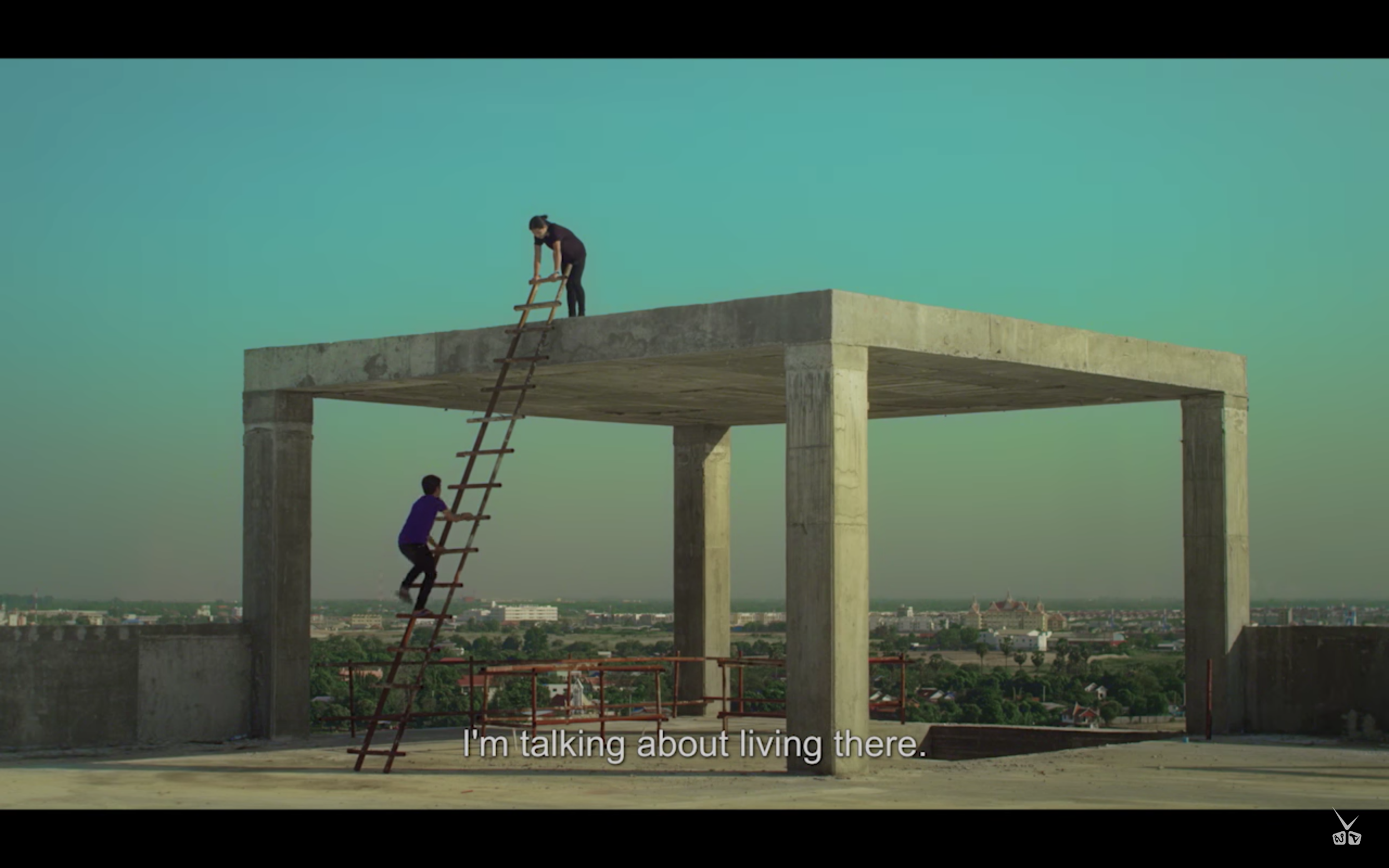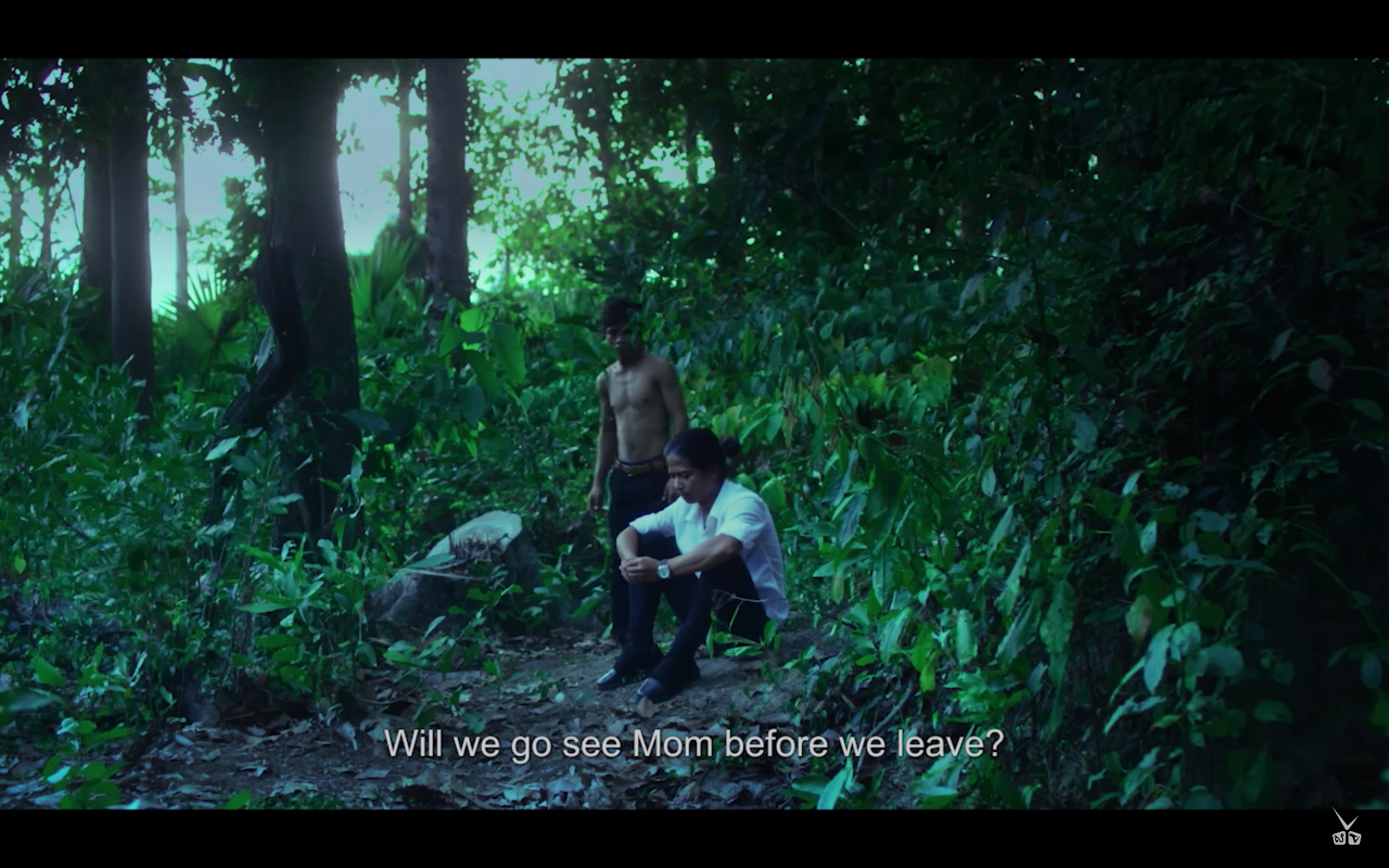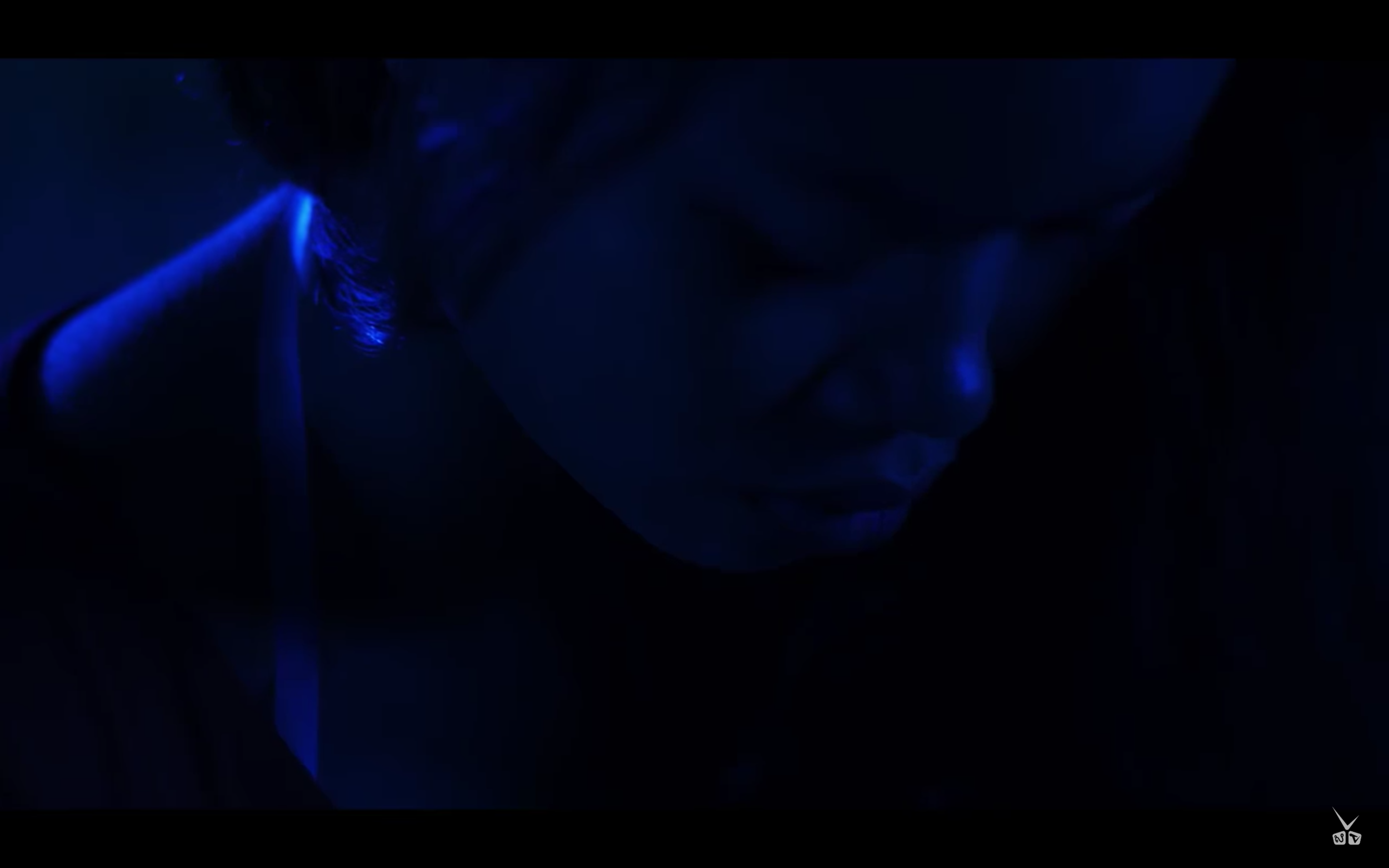I just saw "DIAMOND ISLAND" in the theaters (a very last-minute decision) and it completely blew me away. What a film. What a story!
It was such a treat to see Phnom Penh with new eyes: a city rapidly-developing, devouring layers of society in its chaotic shift-shaping. Phnom Penh is a place like no other, yet like everywhere else in transition.
While watching, I felt the affinity I've always felt with this city, but was unable to articulate in words, grow, and made clear.
The colors, sights, noises, and emotions depicted in the film made me feel as though the filmmaker understood what I couldn't put into words. Through French-Cambodian director Davy Chou's artful lens— full of compassion, understanding, and absolutely no judgement for his city— I was free to imbue my own Phnom Penh with a more complete vision.
The narrative was understated and deliberately paced. It follows Bora, a young migrant worker from rural Cambodia, dropped into Diamond Island, a hyper-modern development site just across a small bridge from Phmon Penh, as he adjusts and grows into adulthood. The story arc—punctuated by gentle tweaks of light and color, ambient sounds and natural acting—struck me as a very effective way to shed light into the lives that unfold here every day. The film brought these every day realities closer to us and allowed me to feel deeply for the characters, the place, and the time depicted on the screen.
Yet in the midst of the "everydayness" I saw something rare or rather I sensed the absence of something altogether: I witnessed an artistic vision that imposed no sense of absolute right or wrong anywhere.
A lesson in HCS
The film is an excellent example of the type of listening and storytelling that I teach about here in Phnom Penh. It is a perfect case study of Human-Centered Storytelling.
Let's start from a first principle: When two people talk, it's critical that they understand one another. This is simple and self-evident. How do we do that? By listening. By paying attention to the other person.
When we talk to many people through our stories, stories which get out on the public domain (like this space, for example), there's a lot more layers to get through for effective communication to happen. Still it works on the same principle: listening.
In order for you to understand me fully here, you need to pay attention to every word that I'm saying. That means taking in everything else that's going on here: like where the story is placed and who else is saying what in which space.
By the same token, in order for me to tell you a story that's well-told and get across what I want to get across, I need to pay attention to what you are saying.
This was illustrated beautifully in Diamond Island.
Well-developed characters and the wonderful work of the actors made it a joy to watch. It was a well-crafted story and exquisitely shot. All of this is true, but you don't need me, a non-expert in these things, to tell you that.
What struck me most, and is noteworthy in my mind, was this: the director and the actors and everyone in the crew had listened. To the city. To the people they represented on the screen.
Someone said that listening "is a willingness to be changed by what you hear." The team that made "Diamond Island" showed how this can accomplished masterfully in cinema.
The compassion. The non-judgement. The daring honesty. It's all there. The result is beautiful, warts-and-all. A transformed city full of changing people.
This is our city. It's for all urban-dwellers and for those who lost their loved ones to the cities all around the world. It's sad. It's crazy. And it's all good, somehow.
In the end, people and relationships are all we have. That's what my partner, who saw the film with me, said, and I agree. This is a very humane piece of work, without being preachy, righteous or imposing particular morals and standards.
Being humane or being human-centered means that you are present with people in their lives as they are. It means that you pay attention. Patiently. Attuned to the day-to-day rhythm of their lives. That's what human-centered storytelling is about.
There's an abundance of patience in this piece of art and I am happy to have witnessed it, here and now, exactly as it is.



